Dr. Andrey Evseenko of the Russian Academy of Sciences predicts the future of Russia-US relations under US President Donald Trump.
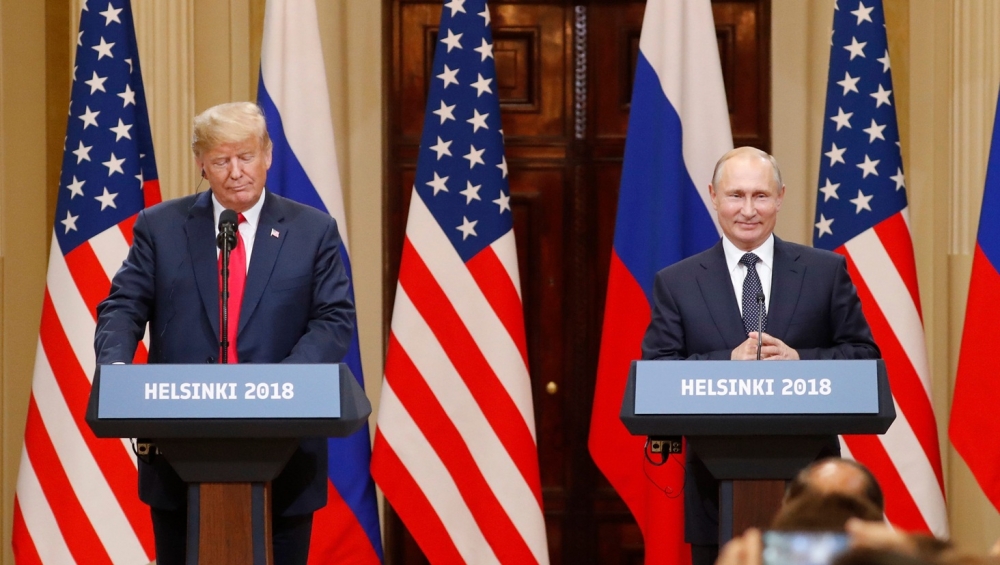 |
| A joint press conference by Donald Trump and Vladimir Putin following the Russia-US summit in Helsinki, Finland, in 2018. (Source: AP) |
Dr. Andrey Evseenko, a leading American studies researcher and Deputy Director of the Institute of American and Canadian Studies at the Russian Academy of Sciences, offered his insights on future Russia-US relations following the unveiling of Donald Trump as the 47th President of the United States. Trump is believed to have a tougher stance on Ukraine and a more lenient approach towards Russia compared to the Joe Biden administration.
Role in conflict de-escalation
Overall, expert Evseenko points out that Russia-US relations are in their deepest crisis since the Cold War. It could be said that these relations have almost hit rock bottom, and the only thing missing is a complete severance of diplomatic ties – a possibility that Evseenko calls difficult but not ruled out.
According to Dr. Evseenko, Russia has always understood very well, and especially now that Trump has won the election, that the possibility of extending the Strategic Arms Reduction Treaty (START 3) is likely to close. This means the world remains on the brink of an arms race because there is no de-escalation mechanism in relations between Russia and the US or between Russia and the North Atlantic Treaty Organization (NATO).
Regarding the conflict in Ukraine, a particularly sensitive issue in current bilateral relations, which is being hotly debated due to Trump's declaration of "ending the war in 24 hours," expert Evseenko believes that the plan to establish a demilitarized zone and guarantee Ukraine's neutrality, announced by JDVance, Trump's vice president, has no practical significance. This plan is not in line with the interests of either Ukraine or Russia. Therefore, Russia does not expect the US to mediate or take any other step in support of Russia.
According to this expert, US support for Ukraine is likely to differ only in quantity, categories, and duration compared to the current presidency, rather than ceasing aid entirely. The reason for this depends not only on the views of each US president, but also on the interests of the country's military-industrial complex.
Regarding his views on Russia, Evseenko asserted that the situation under the previous Republican president, George W. Bush, will remain the same as it was under Trump.
Dr. Evseenko observes that while it could be argued that no wars occurred under Trump, conflicts that did take place have not ended to this day. Therefore, Dr. Evseenko does not overemphasize the role of the next White House occupant in de-escalating conflicts.
Regarding Europe, expert Eveseenko believes that the US President-elect will continue to use a harsh tone concerning trade policy and relations with China.
However, things are different now compared to Trump's previous presidency. Europe will now be prepared to counter Trump's "anti-NATO" rhetoric or the "divorce" between the US and NATO. Europe understands what Trump wants and is ready to respond. The US wants Europe to increase its defense budget, and Europe has done so.
Furthermore, NATO now has new members in Northern Europe. Therefore, expert Evseenko believes that Europe will continue to be a place for the US to escalate tensions, rather than to de-escalate conflicts.
Obstacles in Russia-US relations
According to Dr. Evseenko, in the future, China, not Russia, will be America's "number one rival." He asserts that the US and China will engage in new cycles of trade wars, new cycles of pressure on America's European allies to force them to cease trade and, especially, technology relations with China. Sanctions remain the most common tool in Trump's foreign policy toward China, Russia, Iran, and others.
Expert Evseenko believes that no specific predictions should be made regarding future US policy towards Russia. He points out that if Democratic candidate Kamala Harris wins the election, there may still be dialogue between Russia and the US on arms control and strategic security guarantees, but with Republican President Trump, there will be no dialogue at all.
Because within the Democratic Party there are voices against the arms race, against the development of nuclear weapons, and there are people who may want dialogue, while the Republican Party is represented by voices like Marshall Billingslea (the US President's Special Envoy for Arms Control during Trump's first term).
Of course, under the upcoming Trump administration, relations within NATO will be reviewed with a view to shifting more responsibility to European allies for ensuring security in Europe and containing Russia.
Regarding sanctions, the Deputy Director of the US and Canada Institute does not expect any easing anytime soon, except in areas where the US is harmed, for example, the US has withdrawn sanctions on Russian aluminum when American businesses were harmed by the ban.
Russian experts emphasize that for the US President over the next two years, the domestic agenda will be the top priority.
In summary, regarding the obstacles in Russia-US relations, expert Evseenko believes that the root cause is not the conflict in Ukraine, but rather a fundamental lack of trust stemming from accusations of interference in each other's internal affairs.
Evseenko concluded that, regardless of who the new US president is, a lack of trust makes dialogue impossible, as this remains a defining characteristic of the relationship between the two superpowers.
Source: https://baoquocte.vn/chuyen-gia-nga-ly-giai-vi-sao-moscow-khong-man-ma-voi-chien-thang-cua-ong-trump-292875.html




![[Photo] Closing Ceremony of the 10th Session of the 15th National Assembly](/_next/image?url=https%3A%2F%2Fvphoto.vietnam.vn%2Fthumb%2F1200x675%2Fvietnam%2Fresource%2FIMAGE%2F2025%2F12%2F11%2F1765448959967_image-1437-jpg.webp&w=3840&q=75)

![[Photo] Prime Minister Pham Minh Chinh holds a phone call with the CEO of Russia's Rosatom Corporation.](/_next/image?url=https%3A%2F%2Fvphoto.vietnam.vn%2Fthumb%2F1200x675%2Fvietnam%2Fresource%2FIMAGE%2F2025%2F12%2F11%2F1765464552365_dsc-5295-jpg.webp&w=3840&q=75)

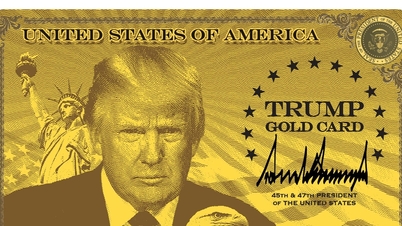

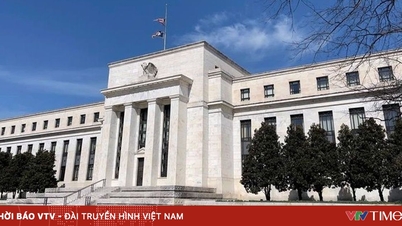

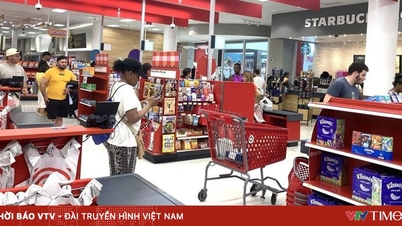
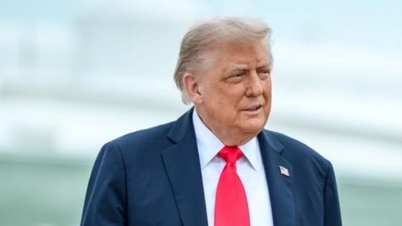
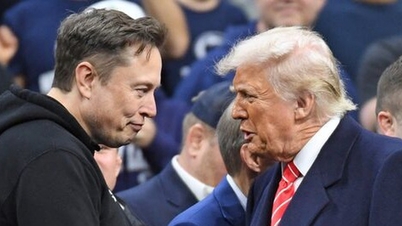

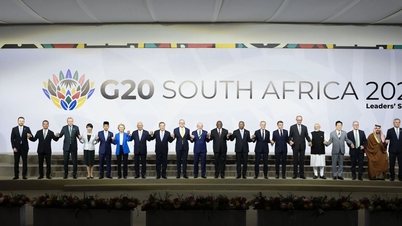


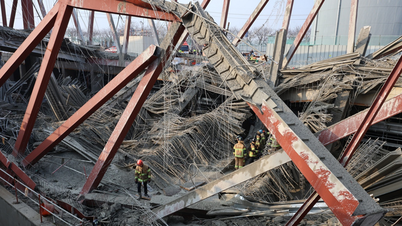
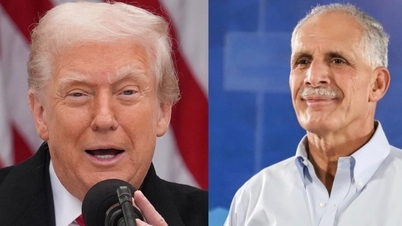
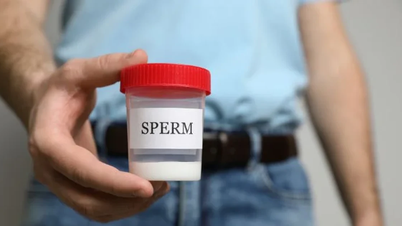
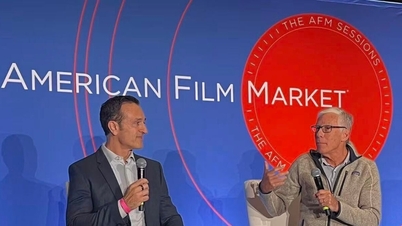
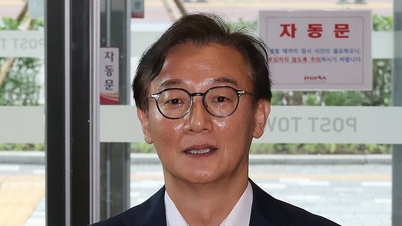




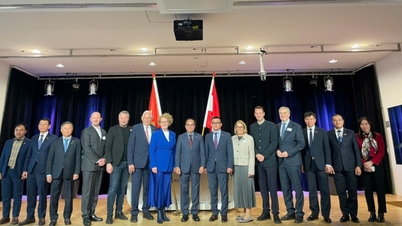
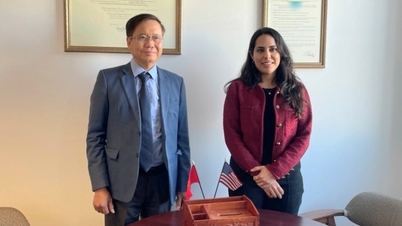

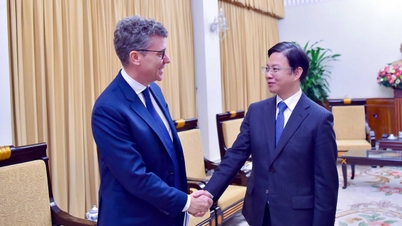
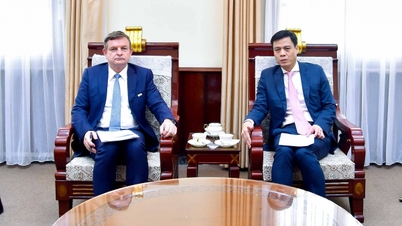
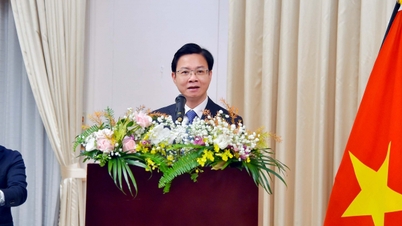
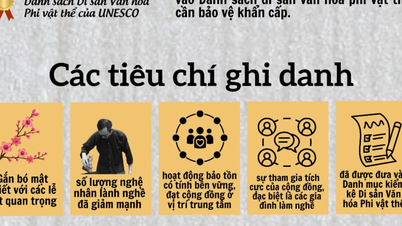

















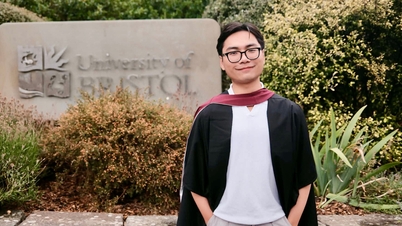




![[OFFICIAL] MISA GROUP ANNOUNCES ITS PIONEERING BRAND POSITIONING IN BUILDING AGENTIC AI FOR BUSINESSES, HOUSEHOLDS, AND THE GOVERNMENT](https://vphoto.vietnam.vn/thumb/402x226/vietnam/resource/IMAGE/2025/12/11/1765444754256_agentic-ai_postfb-scaled.png)












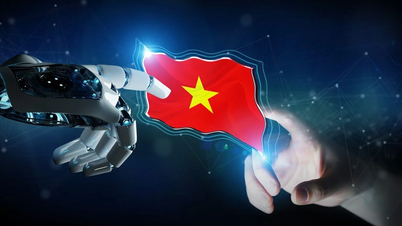

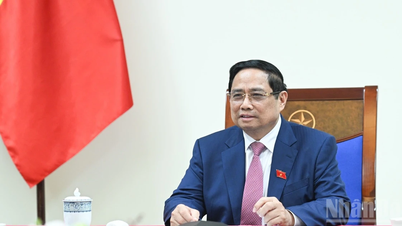




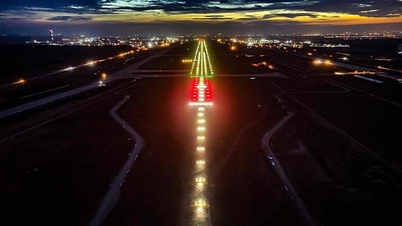













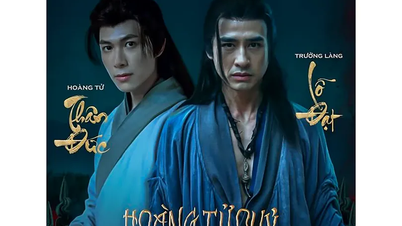





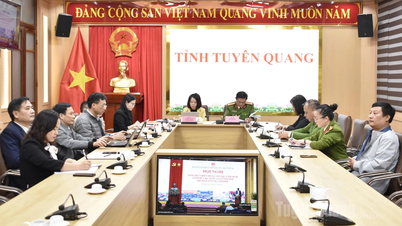














Comment (0)